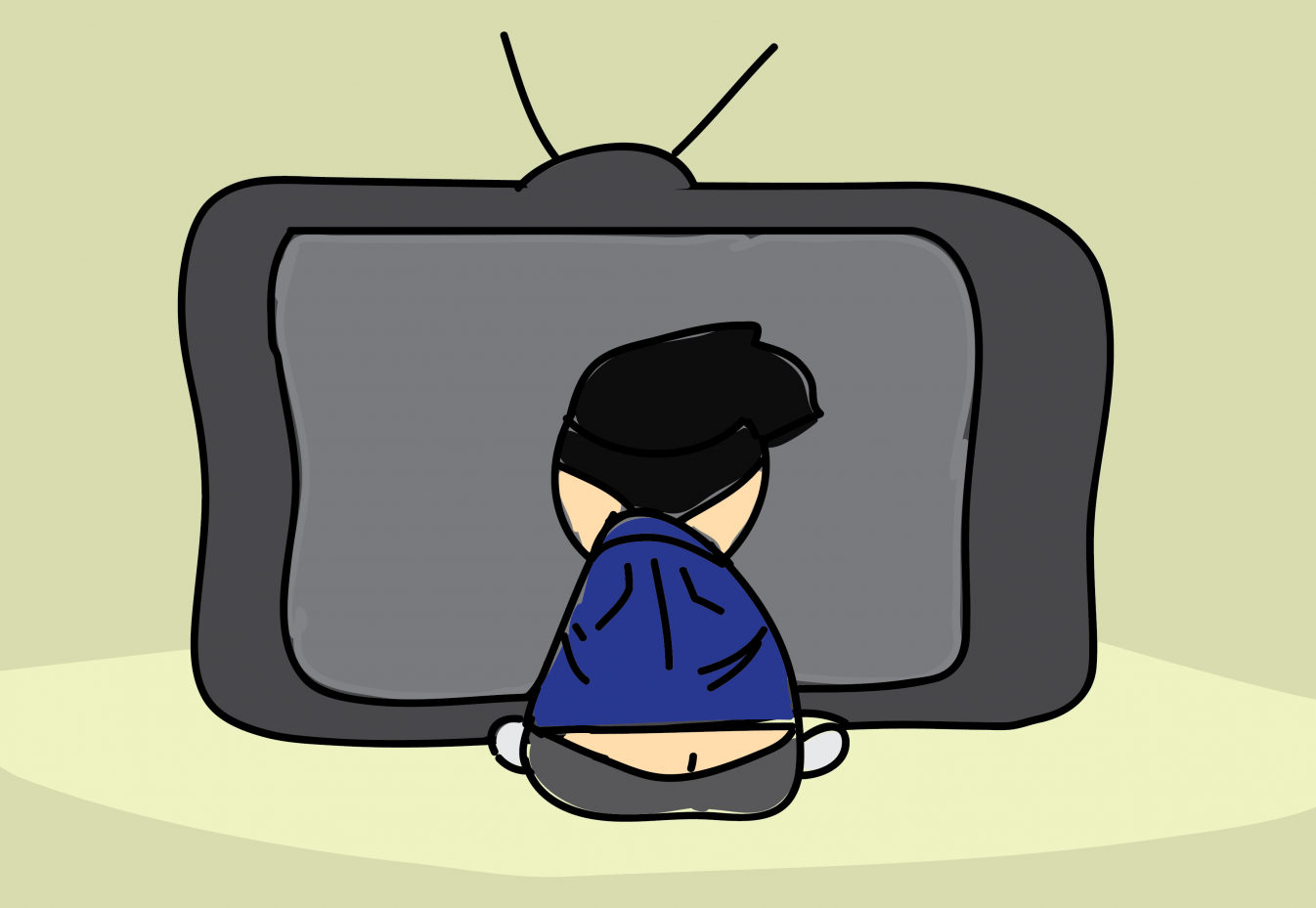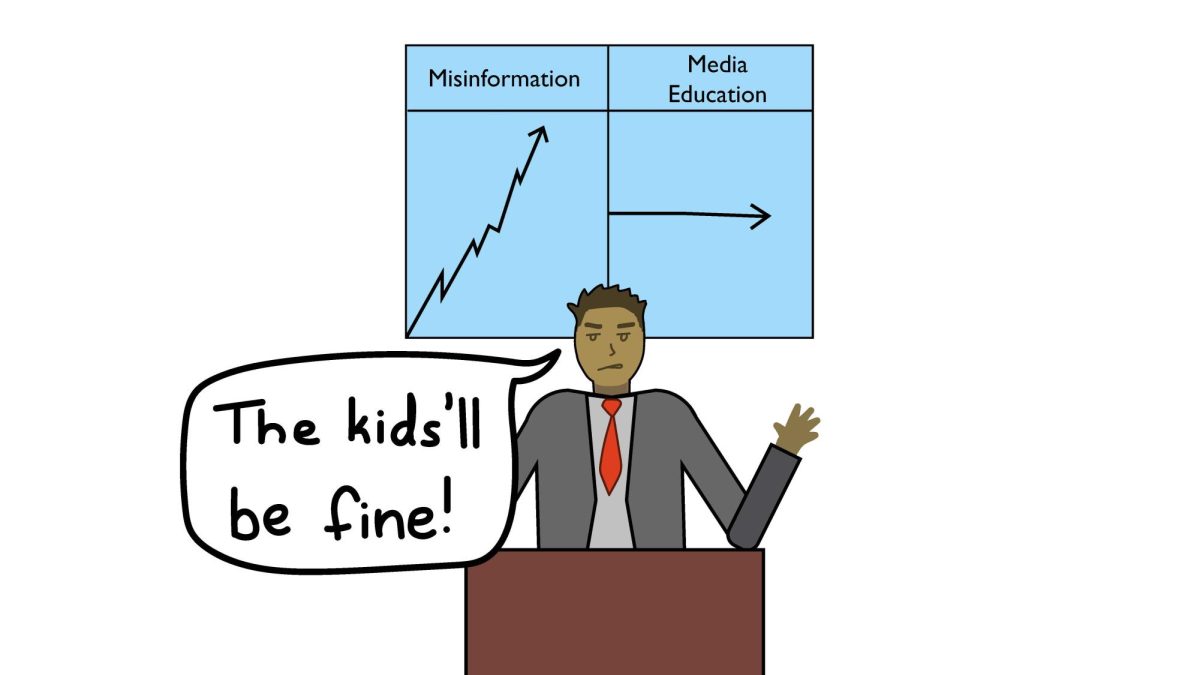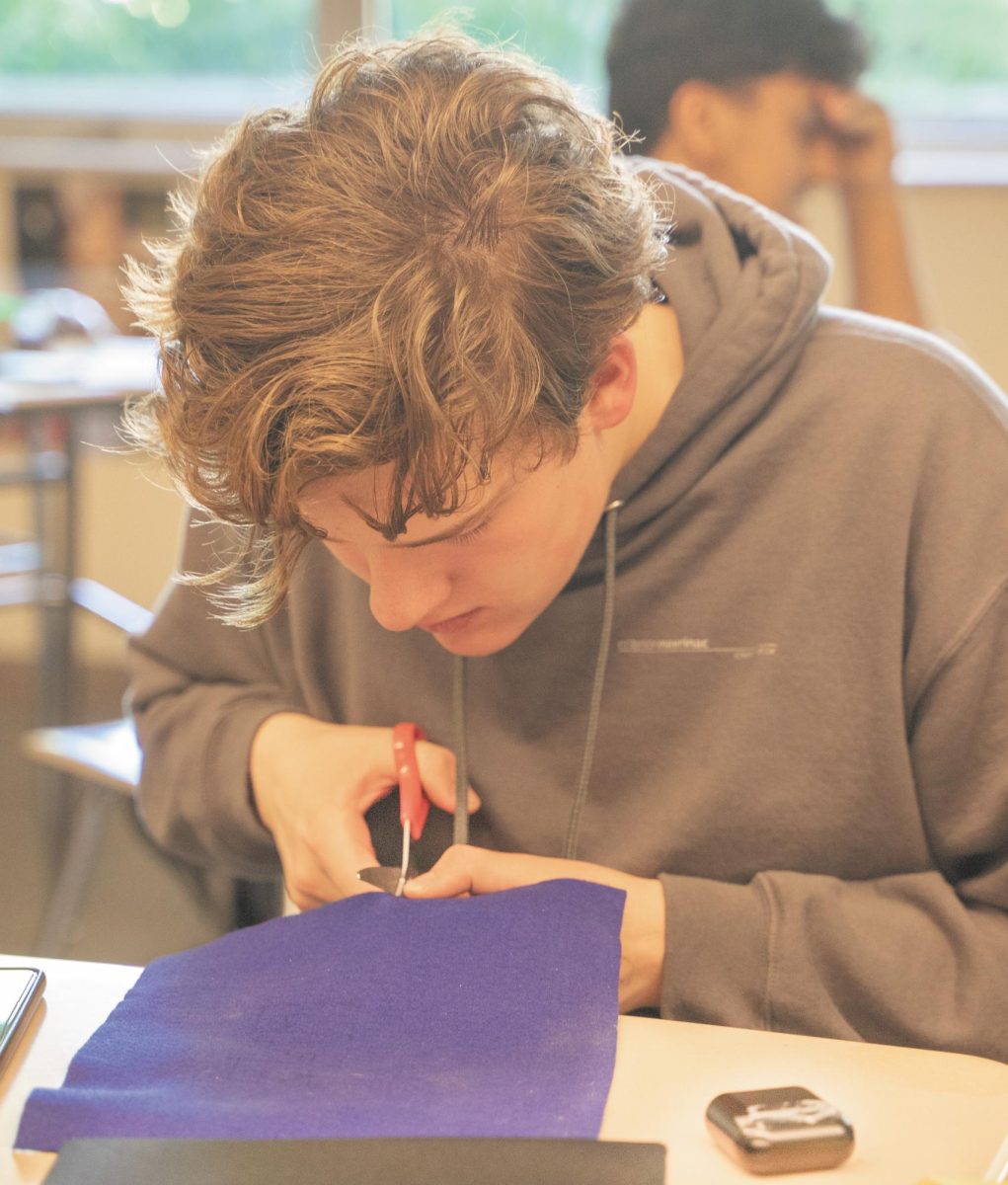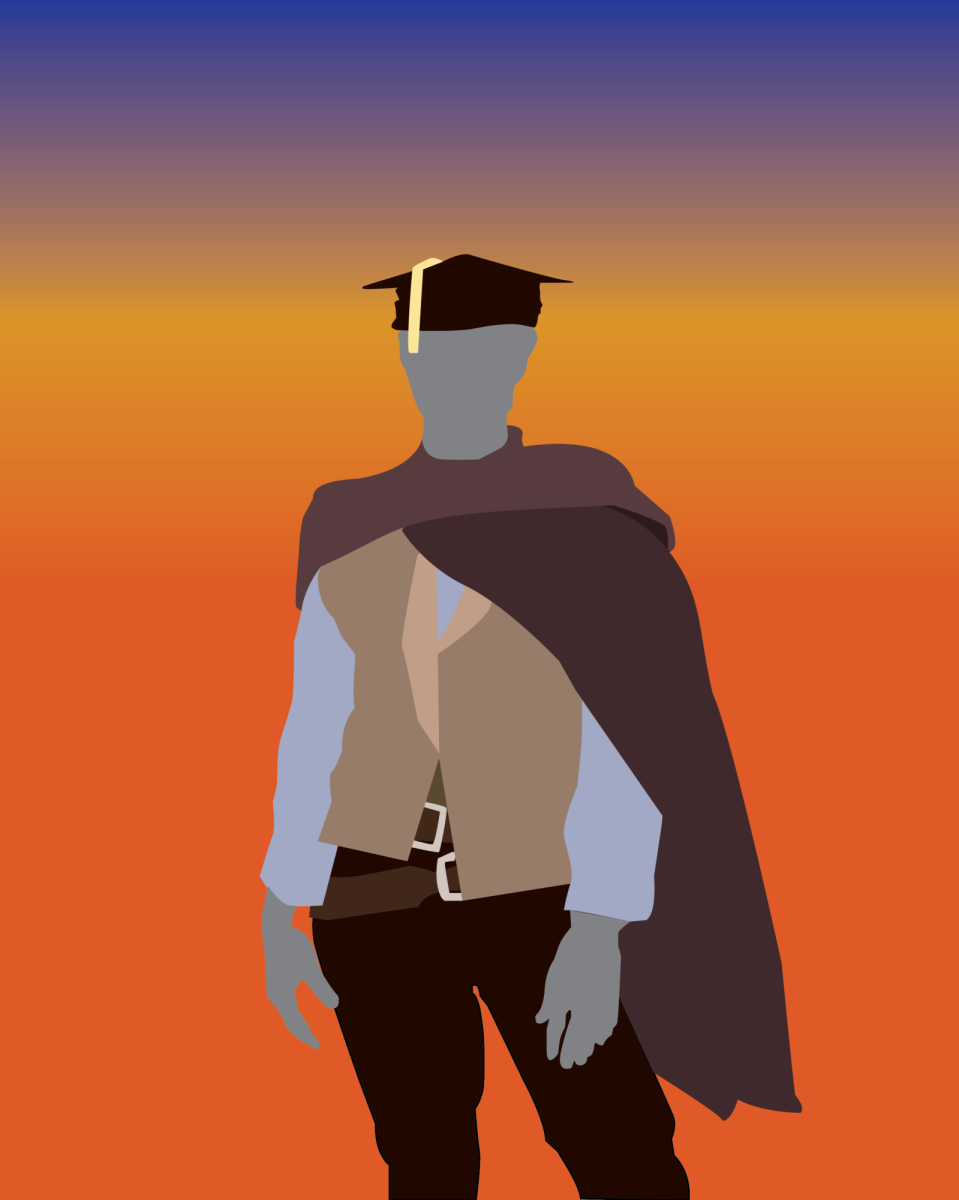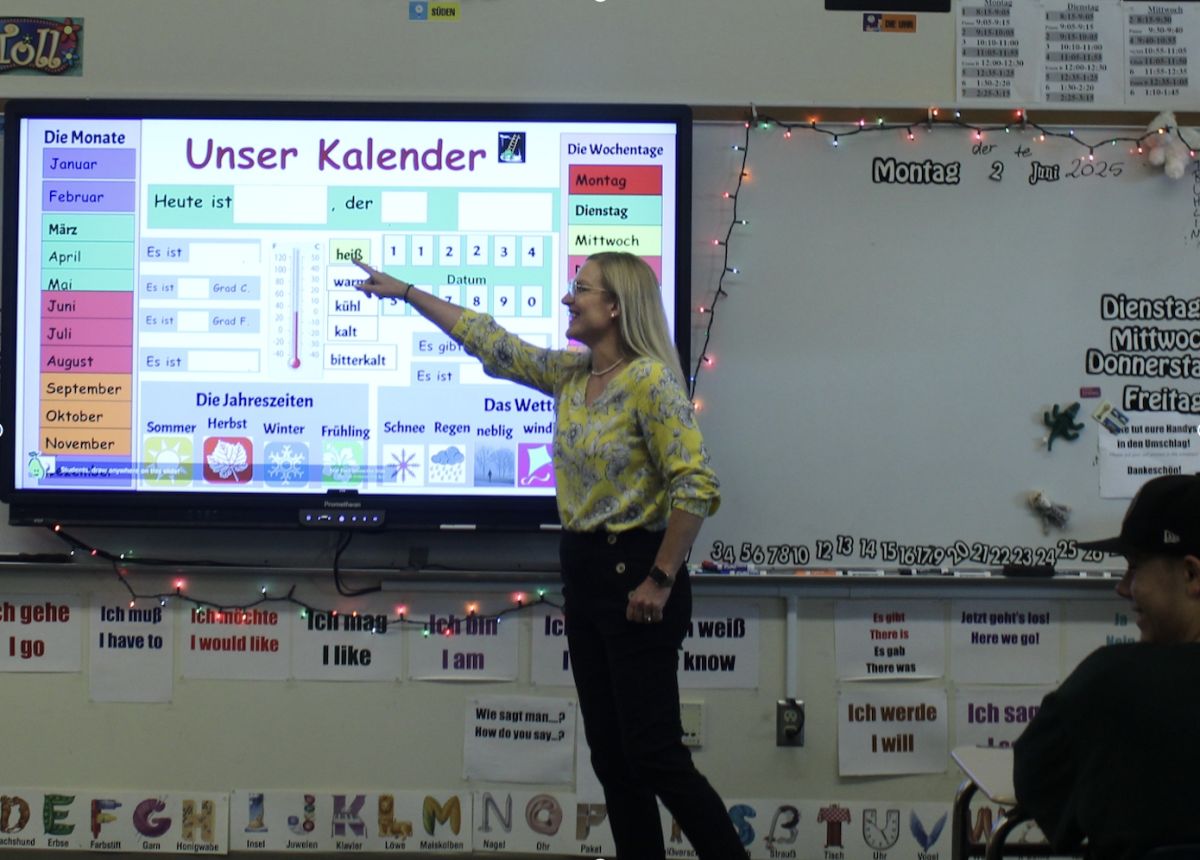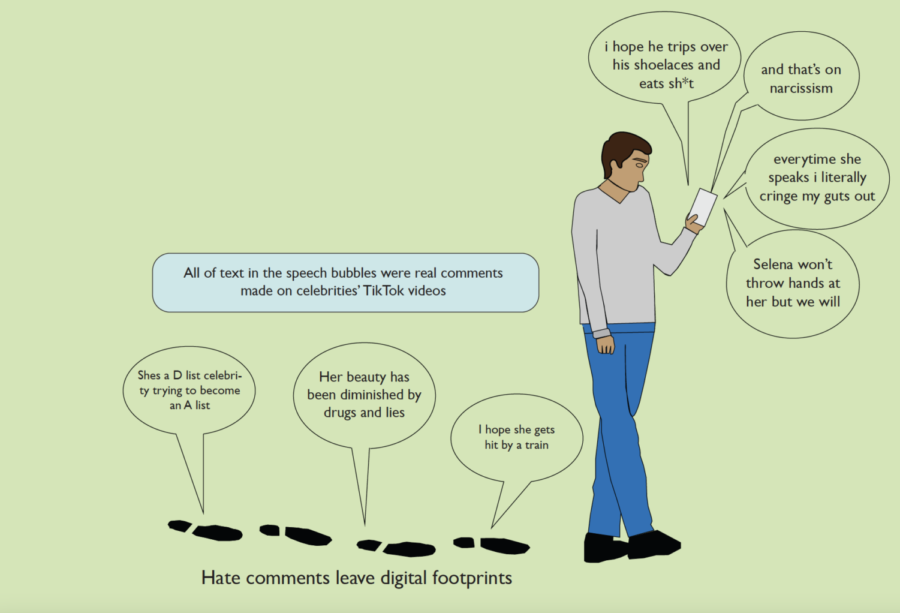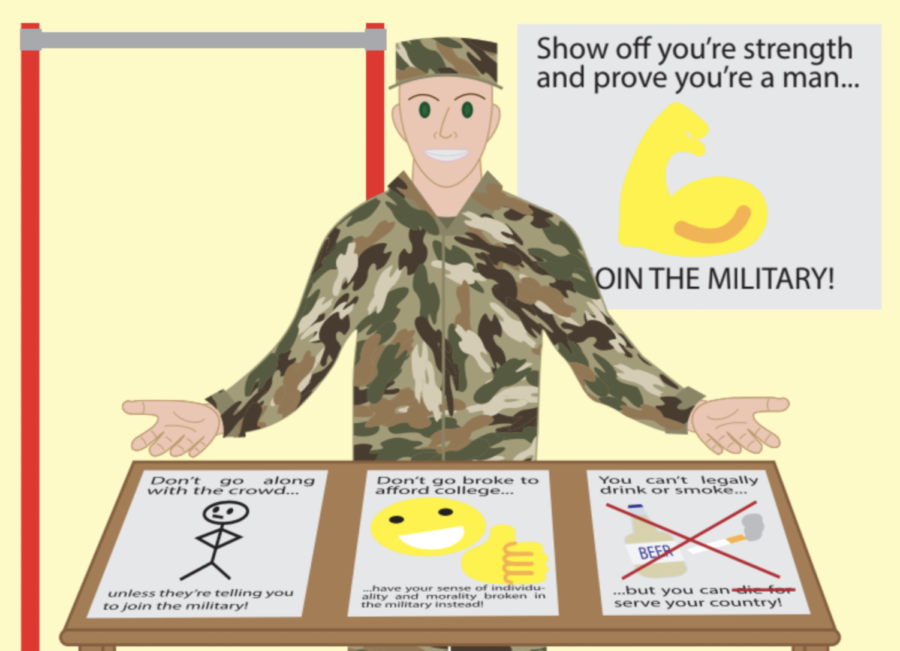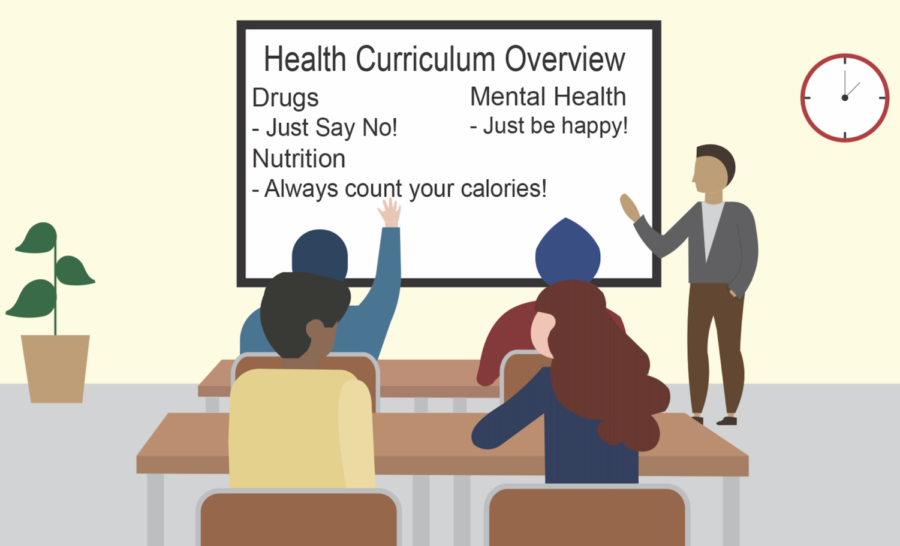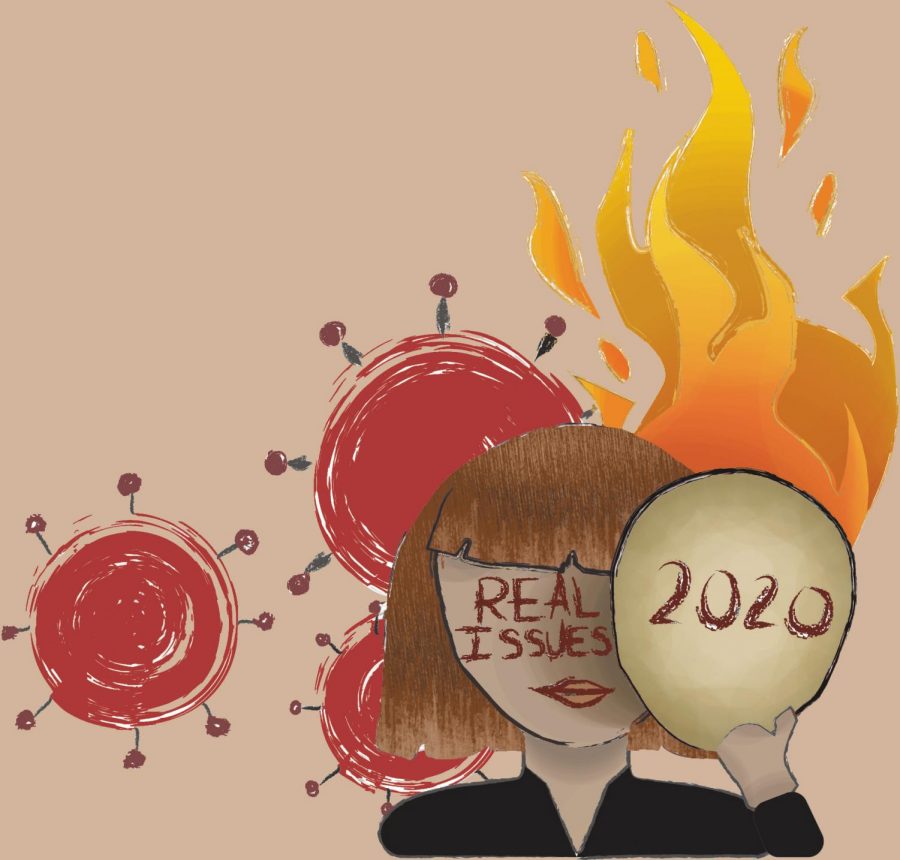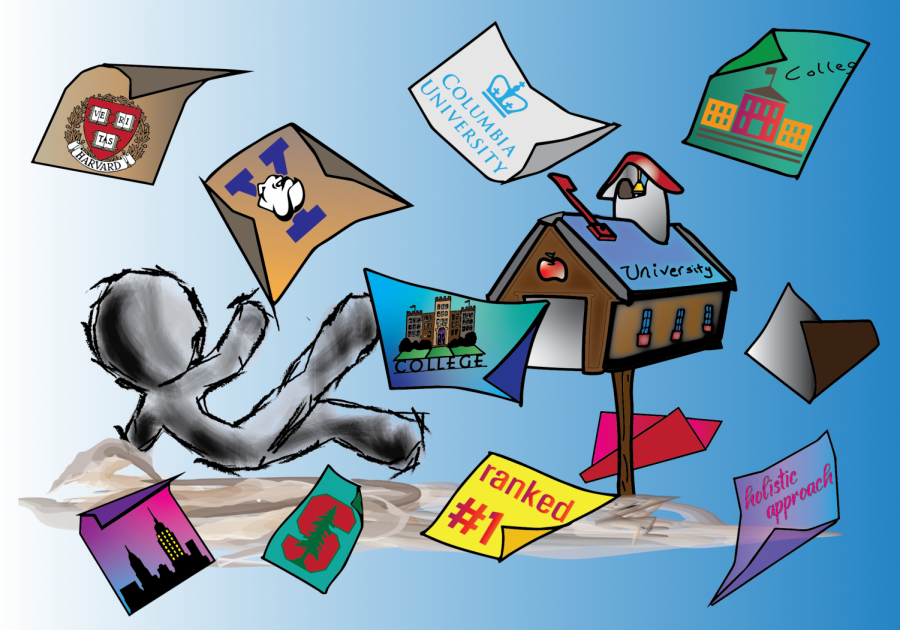Technology is ever-present in our modern day lives; In school, we have Activboards, projectors and the all pervasive internet. With the opportunity to lean on those technologies to satisfy our education, the need to have teachers is in some ways obsolete – however, teachers are still, if not more so than ever, critical to the education process. Students still require teachers as a middleman between exposure and understanding.
The answer to whether or not students understand what they read or watch on their own is no. Well, to be more accurate, the answer is not 100 percent yes. A teacher’s job, from the position’s inception, has been to bridge the gap between what a student is exposed to and what a student understands. For the majority of kids, self-teaching is not the most effective method. The advent of websites has not eliminated the need for someone to facilitate how that knowledge is interpreted — to put it in context.
The same could be said about textbooks. They are not any different than a website or a movie — the medium through which knowledge is presented is different, yes, but the knowledge is the same. Still, with the introduction of textbooks, teachers persisted. It goes without saying, of course they would stick around. Without a teacher, all that information is just meaningless facts. If in a history class one did not have a teacher to draw the line between the numerous events and people and places, the whole of history’s subtleties would be lost.
Even more disastrous is the one-sided interpretation all these media provide. One perspective does not equate to understanding. Subjective topics like history, where opinions and biases lay distributed along a broad spectrum, would be unintelligible without someone who has exposed themselves to those opinions already. A teacher’s job lies fundamentally in their ability to expose their students to a wide variety of interpretations and find ways to explain where some fall short and others pick up the slack. A website or a movie will, in most cases, offer only one avenue of understanding with no opportunity to discuss the alternatives.
In either case, those two media exist to present information. It does not captivate just because it is there. Again, this is where a professor would come in. Without the passion of a teacher whose life is the presented information, interest will not come. It won’t sprout from thin air.
Math, for example, can at times present topics that are difficult to grasp for some people. This is not to say that some people are not as intelligent as those who can self-teach, just that they need a lot of guidance to get a grip on what is taught. Without a teacher who will ensure that students “get it,” some just won’t. Without teachers who can instill their devotion for their craft into their students, some of those students will never be interested.
If we regard teachers as no more than sources of information, one-dimensional spouts of knowledge, teachers are not necessary to our education anymore. Websites and movies and readings and textbooks could satisfy our educational needs from now till the end of days. But such an heinous, inaccurate interpretation of teaching ignores what it means to be a teacher. Teachers do not grab information from the internet or from a textbook to throw it back at their students with no explanation; teachers strive to instill understanding and passion for what they teach. That is the true tragedy of relying on technology for our education; such a misstep would create mindless, disinterested zombies who lack the drive to understand instead of just collect.


